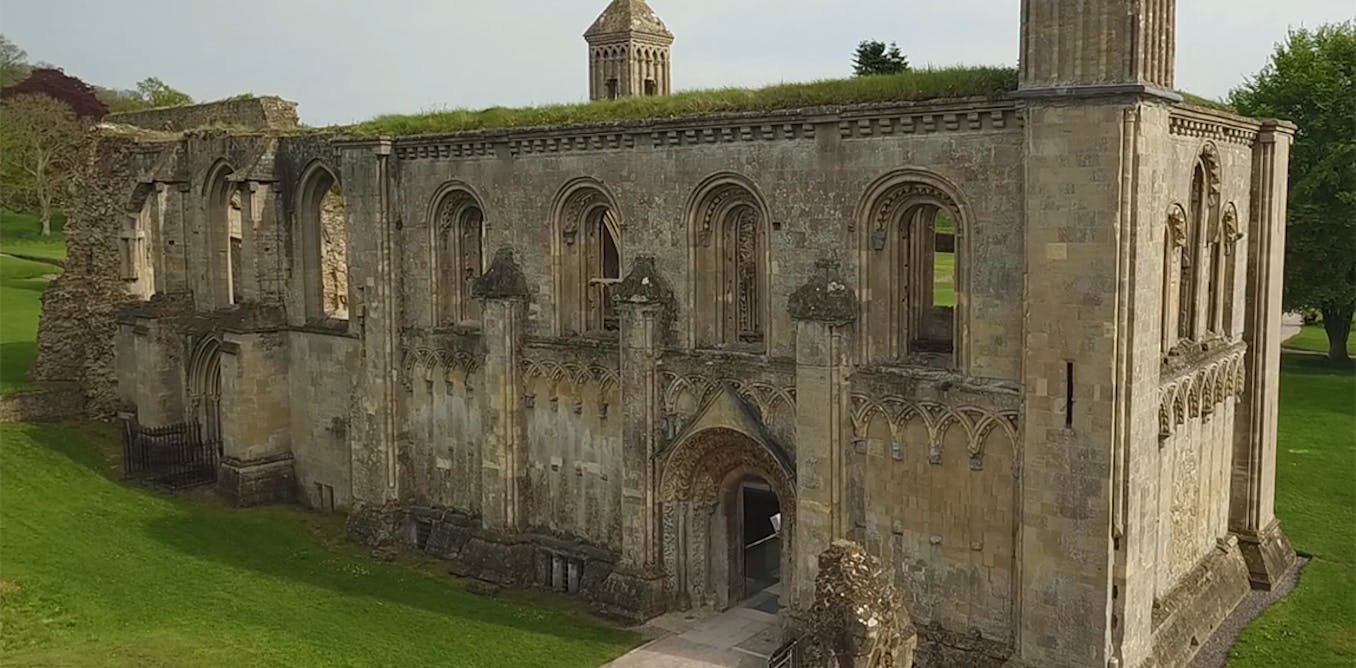LOL, there are a few around!I was stunned because she was the first Catholic I had ever met who knew her Bible cover to cover.
On the flip side, knowledge of the Bible, cover-to-cover, chapter-and-verse, is no guarantee of anything. There have been some real villains who can justify themselves from Scripture. Having read something is no guarantee of understanding.
I read a tale somewhere (it may well be apocryphal) someone took a Bible to some distant land and showed it to a holy man – a Tibetan monk, a Buddhist, a Hindu, the actuality escapes me. The man in question took the book away. a few days later the giver said they would be going soon, could he have his bible back? The holy man said, "I've memorised nearly all of it, another day and I will be done."
The point was in discussion about the transmission of oral testimonies, and that those raised in strong oral traditions have a greater capacity for memorising, as we've got lazy, with easy access to texts ... still, probably not true ... what language was the Bible in?
I do know that 'illustrated manuscripts' were actually an aide memoire to learning the text. By picturing the illustration, the whole page comes to mind.
Seems the answer was 'no'?Eventually I asked her if her biblical knowledge contradicted the Catholic doctrine.
Well it's there in Scripture ... ?I was puzzled by her claim, but she definitely seemed very intelligent.
That's not her claim nor the Church's – that's yours, and I'm afraid it's incorrect.The quotes I gave on the previous thread not only bolster her claim, but illustrate that the Catholic church doesn't hold itself accountable to scripture aside from the verses above. The Catholic church can change whatever custom it sees fit, even if it isn't biblical.





